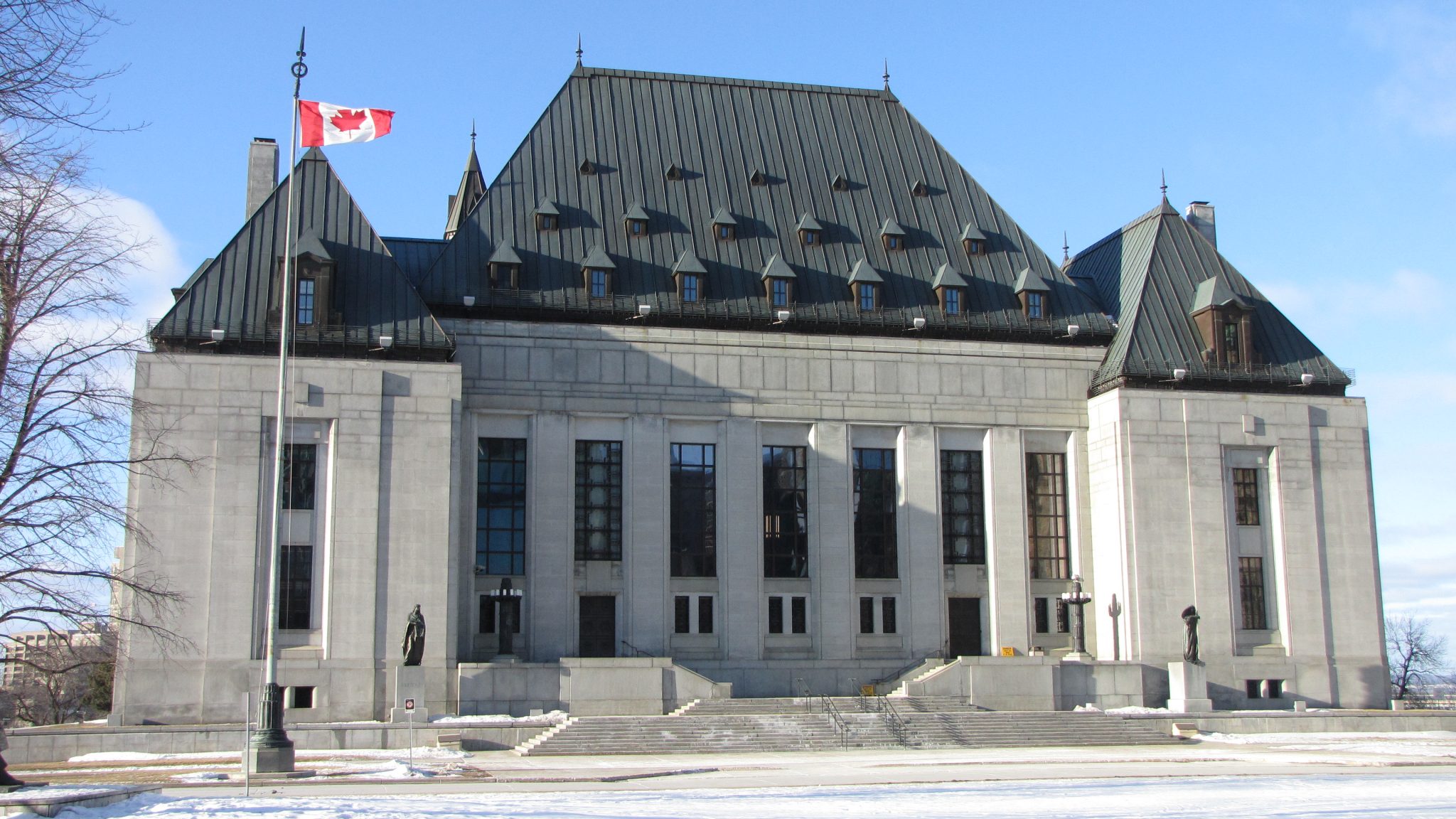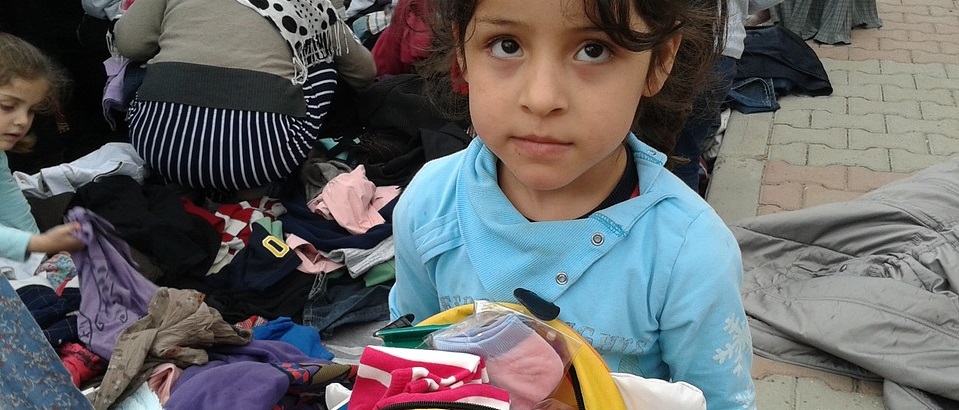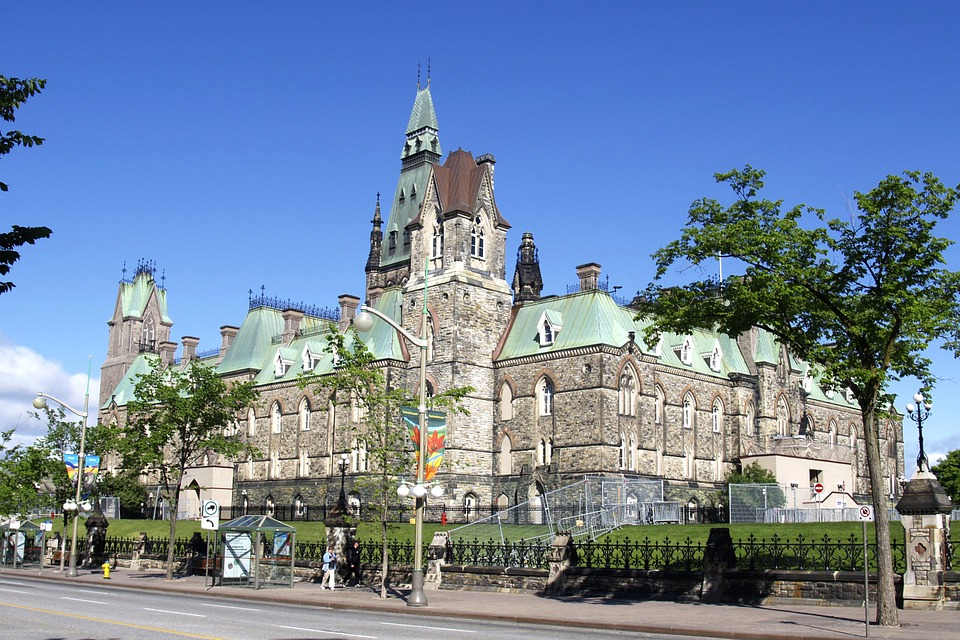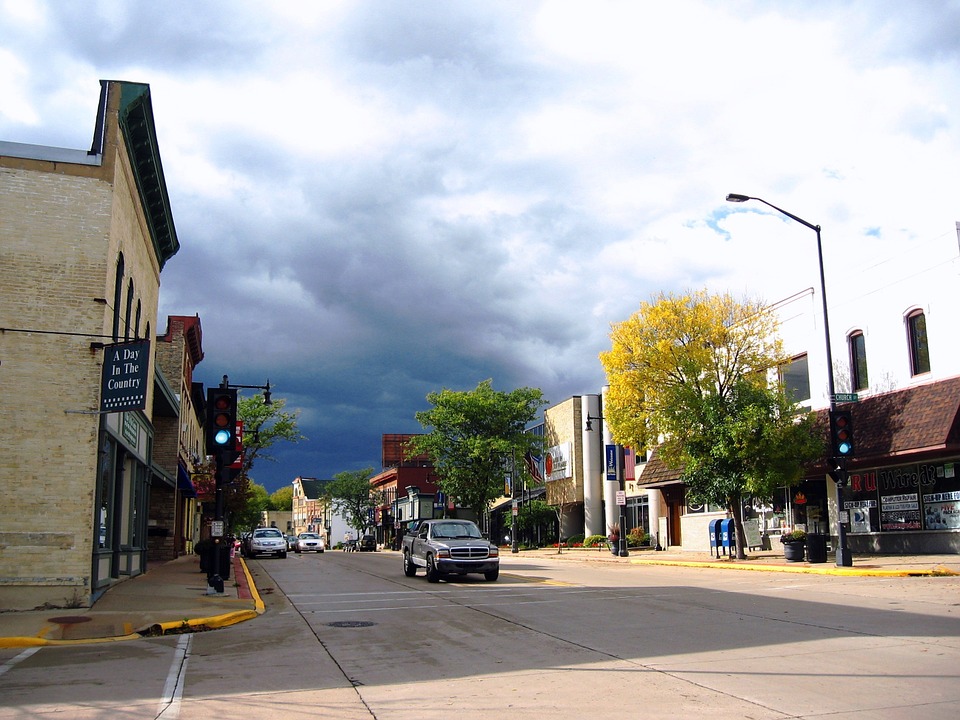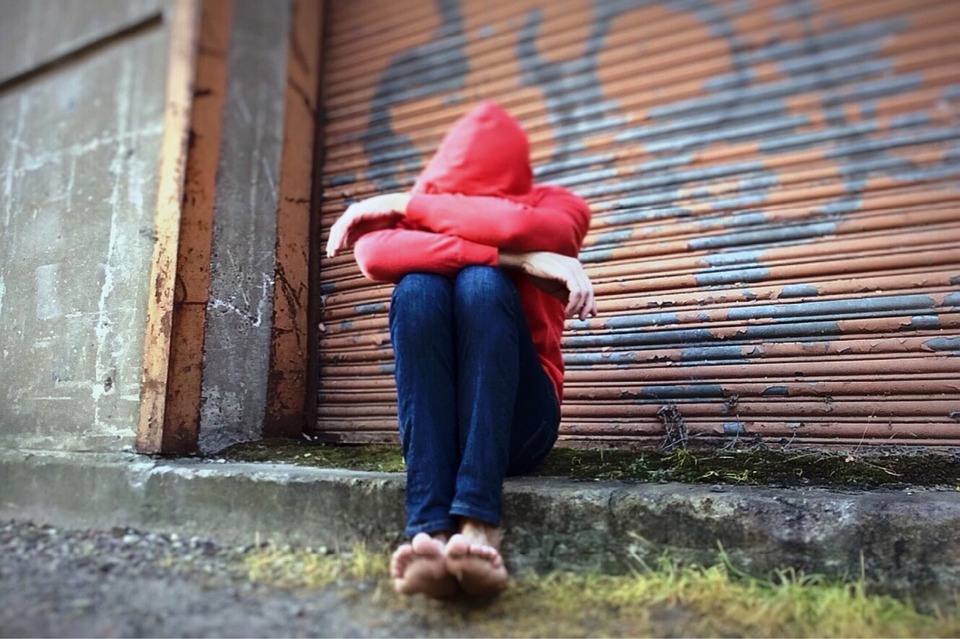Designated Countries of Origin Under Scrutiny
Federal Government Expected to Shut Down Designated Countries of Origin Refugee System
The Designated Countries of Origin (DCO) system was initially created by the Conservative government in 2012 with the intention of decreasing processing times for inland refugee claims in Canada. Countries included on a list of DCO “do not normally produce refugees, but do respect human rights and offer state protection,” as stated by Immigration, Refugee and Citizenship Canada. The system intended that claims from refugees from a DCO be more quickly processed by imposing a 30- to 45-day processing deadline, (as opposed to the 60-day period for regular claims) and by barring their right to appeal to the Refugee Appeal Division.
However, the DCO system has not been as effective as was hoped. As a result, the Liberal government is now expected to shut it down.
Many arguments have been raised in public debates in favour of abolishing this system. For example, some argue the system hinders refugee claims from DCO because these claimants have less time to prove the merits of their case. Moreover, the Immigration and Refugee Board (IRB) has had difficulty respecting the 30- to 45-day time limit due to scheduling conflicts. Mario Dion, the chairperson of the IRB, said that abolishing the distinction would help in meeting deadlines and that the distinction doesn’t make a difference in the final analysis of claims.
Moreover, there is also a debate concerning what countries should and should not be on the list. MP Jenny Kwan had said that this “two-tiered” designation of countries “actually fails to respect human rights for minority groups, including the LGBTQ community, and around gender-based violence.”
Despite this system, on average, refugee claims from DCO still take the same amount of time to process as refugee claims from non-DCO. Reasons for this include scheduling conflicts and the increase in the sheer number of total refugee claims since 2012. The number of refugee claims per year has more than doubled since 2012, but the number of decision-makers at the IRB has remained the same. Furthermore, courts have struck down the law that prevented DCO refugee claims from appealing their IRB decision to the Refugee Appeal Division.
As result, the Liberal government is contemplating shutting down the DCO system and is looking at new ways to make the processing of refugee claims more fair and efficient. Currently, there is no timeline as to when a systemic change may be implemented.
These issues are compounded by the lifting of the visa requirements on Mexico, a country on the DCO list. Janet Dench, executive director of the Canadian Council for Refugees, said that once the visa requirements on Mexico are lifted on December 1, there will be an influx of people from Mexico facing human rights violations who will be claiming inland refugee protection. Because Mexico is a DCO, this will cause even more scheduling complications for the IRB due to its different processing timeline and thus will cause further delays.
Canada Continues Its Role Helping Refugees
Prime Minister Trudeau Pledges Canada's Continued Support To Help Address The Current Refugee And Humanitarian Crisis
Canada’s Prime Minister Trudeau reaffirmed Canada’s commitment to help combat the world’s refugee crisis in his speech at the United Nations Summit on Refugees, which took place on September 20, 2016, in New York City. The Prime Minister stated that over the next several years the Canadian government will provide 64.5 million dollars in humanitarian aid for displaced people around the world.
In addition to refugee funding commitments, Prime Minister Trudeau also pledged increased support for education and integration initiatives for those who have been resettled after fleeing their home countries. In his speech, the Prime Minister warned against divisiveness at this crucial time and instead encouraged people to identify with the hardships and fears faced by refugees, many of whom have been forcibly displaced from their homes by conflict and other catastrophes. In fact, the UNHCR reports that over 65 million persons have now been forcibly displaced from their homes worldwide.
At the UN Summit, the Canadian government also announced a new partnership between Canada, the United Nations, and billionaire George Soros to aid in the refugee crisis. Canada’s Immigration Minister stated that the partnership’s objective is to help other countries establish their own versions of private sponsorship programs for refugees. Since last November, Canada welcomed approximately 9,000 refugees from Syria alone through private sponsorship.
The Prime Minister’s speech and the commitments coming out of the UN Summit offer encouragement during the increasing anti-refugee and anti-immigration sentiment of the last few months. Such sentiments have been particularly alarming to refugee and immigration lawyers, who in helping refugees seek protection in Canada, know the fears and horrors these individuals face on a daily basis. Immigration and refugee lawyers in Canada therefore hope that the Canadian government’s reaffirmed commitment to combat what has now become a humanitarian crisis is the a much-needed first step towards changing the perception of refugees for the better.
Canadian Immigration Debates Continue
Quebec To Increase Immigration Numbers By 10,000 A Year
Immigration debate has once again made recent headlines. Canada has and continues to work on reforming its immigration laws, with Immigration Minister Kathleen Weil pushing for a plan that will accommodate about 2,500 more immigrants a year by 2019. According to The Montreal Gazette, Montreal Board of Trade president Michel Leblanc says that Quebec is working toward increasing its immigration numbers.
This is reflected in recent Canadian immigration reform, commonly known as Law 77. This law’s objective is to facilitate the selection of foreign nationals wishing to stay temporarily or settle permanently in Quebec, family reunification of Canadian citizens and permanent residents with their close relatives who are foreign nationals, and the reception of refugees and other persons in special hardship situations. Through this act, different aspects of immigration in Canada are being reformed. For instance, Law 77 pays particular attention to Quebec, as it states that immigrants contribute to Quebec’s prosperity and the preservation and vitality of the French language. In this sense, a good knowledge of French will be a determining factor.
In a brief on August 30, the Board revealed to the Gazette that Quebec’s population was stagnant compared with that of Ontario and British Columbia because Quebec receives fewer immigrants. At this point, Quebec seeks to increase its immigration numbers from about 16% to 23% in order to match the province’s population. Evidently, this has an impact on Quebec’s political weight inside the country.
Law 77 also provides for immigration classes and programs. The classes of foreign nationals wishing to stay permanently in Quebec includes the economic class, family class, and humanitarian class. According to this bill, the government may regulate and determine immigration programs as well as the selection conditions and any selection criteria applicable to foreign nationals. Leblanc told The Montreal Gazette that the government this year has decided to reduce the number of economic immigrants to make sure there is sufficient capacity to receive refugees. Despite her efforts, Weil is facing opposition from parties who do not support these immigration policies and immigrants who might face increased integration challenges.
Overall, the Board of Trade of Metropolitan Montreal is strategically and gradually working towards increased immigration numbers. In so doing, the Board of Trade will be addressing outstanding issues for businesses who continue to express a need for qualified workers.
The Future of Immigration in Canada
A Look At The Government’s Ambitious Immigration Plans – And If They’re Appropriate
It’s no secret that the federal government has ambitious plans to increase immigrant numbers. Immigration Minister John McCallum has commented on the government’s desire to “spread the immigrants across the country relatively evenly,” using a number of pilot programs and incentives to entice settlement in certain regions.
It’s certainly a compelling idea, but it raises a number of legal and ethical questions surrounding immigration in Canada. The incentivization of settlement in certain areas will certainly carry benefits for those regions, especially considering that Immigration, Refugees and Citizenship Canada classifies applicants to its permanent resident program based largely on their economic class (that is, skilled workers, entrepreneurs, investors, business owners, etc.). The idea is that the federal government will offer incentives to these immigrants to settle in regions in Canada that need a shot in the arm, economically speaking. Rural Albertans, in particular, have made it clear they’d like an increase in immigrants to boost their workforce despite the province’s current economic downturn.
Some have commented that such incentivization and prioritization could infringe on the mobility rights of citizens and permanent residents as laid out by the Charter of Rights and Freedoms. McCallum himself has acknowledged that the government’s plans are constitutionally limited, but a recent editorial in The Globe and Mail points out that Charter rights aren’t necessarily absolute for permanent residents as they’re dependent on certain qualifications and reasonable limits.
Legally, it’s a gray area for immigrants to Canada, not to mention the federal government. There’s no doubt that many Canadians would enthusiastically support immigration that boosts the national and local economies, but would such a scheme be in keeping with the letter and spirit of Canadian law?
This is a discussion business immigration lawyers are dealing with more frequently. If the intent of these proposed changes is that immigrants are to become Canadian citizens or permanent residents, how is it fair to limit to their choices during settlement?
Regardless of where permanent residents and immigrants in IRCC’s economic classes settle, business immigration lawyers can help with the process of work eligibility, starting a business, and any other requirements of the immigration process in Canada. The solution to this issue is likely to be found in greater discussion and debate, but for now, it’s an ongoing conversation that warrants national attention and input.
Canadian Loses Citizenship Without Warning
Stateless Canadians Face Immigration And Citizenship Obstacles
There are many Canadians facing bureaucratic obstacles to securing their citizenship. There are—often outdated—rules that make it difficult to become a Canadian citizen, and some that can revoke your citizenship even if you’ve already been a citizen for your entire life. Immigration lawyers in Canada can provide guidance to those who are facing these obstacles. The following is an account of one woman who was stripped of her citizenship without being notified.
Bertha Funk, a Canadian citizen, lost her citizenship on her 28th birthday, and she only found out about this loss when she applied for a replacement citizenship card at the age of 36. Funk was born in Mexico and moved to Canada in 1980 when she was two months old. Funk’s father was also born in Mexico to Canadian parents. Funk has been a Canadian citizen her entire life, but lost her citizenship because of a rule she was unaware of. This rule is from the Citizenship Act of 1977, and has since been repealed. However, Funk was never notified of the rule or warned about the upcoming deadline to prevent her loss of citizenship.
This rule required Funk to reapply for her citizenship prior to her 28th birthday. She is not the only foreign-born Canadian citizen who is affected by this rule. Any foreign-born person born between February 15, 1977 and April 16, 1981 to foreign-born Canadian parents must reapply for their citizenship before turning 28.
Since Funk lost her citizenship by missing the deadline, she now has to apply for permanent resident status as an immigrant or a discretionary grant of citizenship—which takes a long time to process, and is not guaranteed. Either way, a Canadian citizen is now considered a stateless immigrant, and may never gain back her citizenship.
There are many cases of stateless Canadians (sometimes referred to as “lost Canadians”) who are stuck in bureaucratic limbo, not knowing if they will ever regain their citizenship. This problem is often the result of a lack of communication between immigration officials and Canadians—as was the case with Bertha Funk.
If Funk had been notified prior to the deadline, she wouldn’t be in this stateless limbo. She is no longer considered a Canadian citizen due to circumstances beyond her control. Immigration lawyers in Canada are familiar with these and similar cases—when red tape gets in the way of people fully enjoying their Canadian rights and freedoms, and having a country to call home. Their expertise can help sort out these situations and provide clients the peace of mind and results they deserve.

